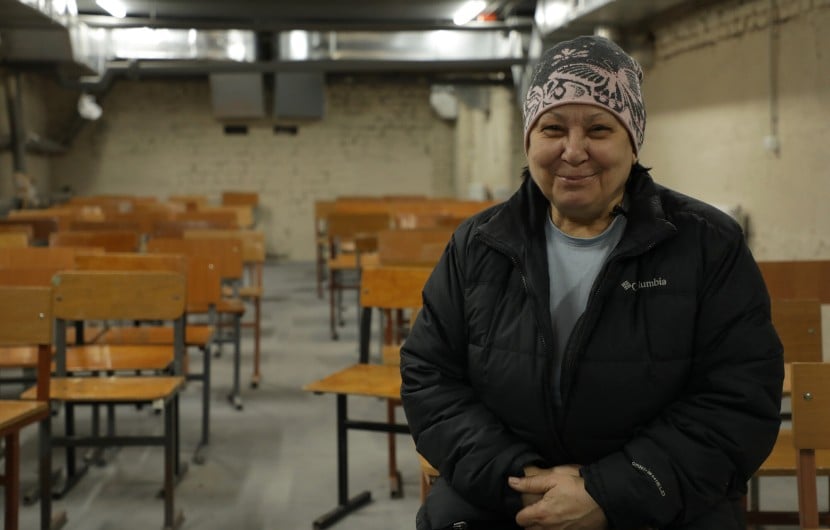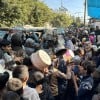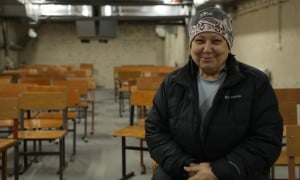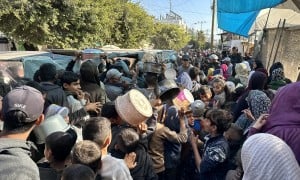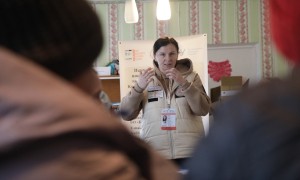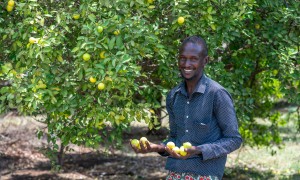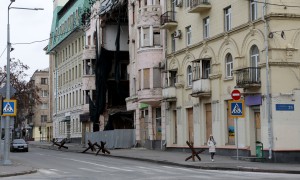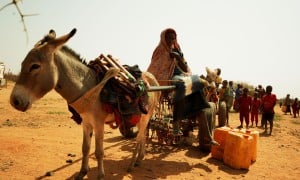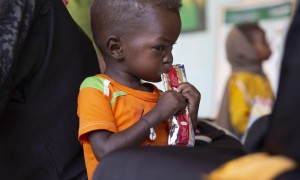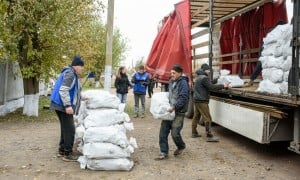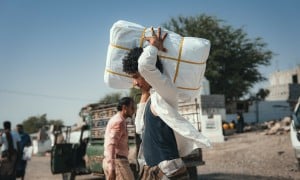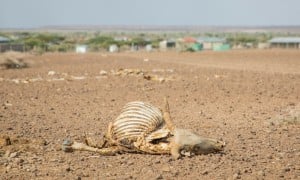
Read our 2024 annual report
Concern's objectives, activities and achievements in 2024 can be found in our new annual report.
Read the report
Knowledge Hub
Evidence-based learning, evaluations, research, guidance, manuals, tools and programme updates.
News
What's happening now
Media queriesContact our media team
Media queries?
Please contact our media relations team to find out more about what's happening in our countries of operation, or to speak to a Concern spokesperson.


